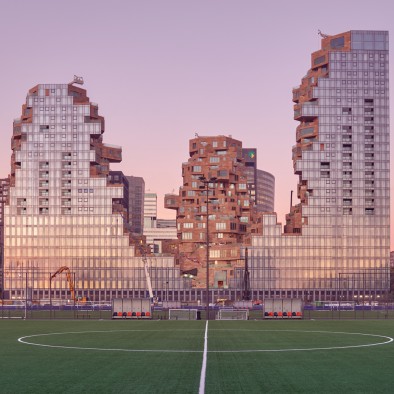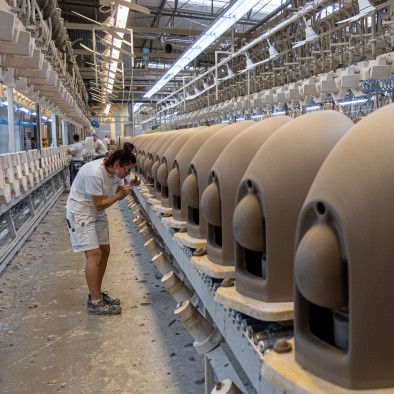
Overview
Geberit has been improving people’s quality of life with its innovative sanitary products for 150 years.
Sustainability strategy
Since 1990, Geberit has been pursuing an environmental strategy that has been continuously developed into today’s sustainability strategy.
Discover moreEco-design
Since its introduction in 2007, the eco-design principle has guided the development of Geberit products in terms of ecological criteria.
Discover more
Green building
More than a third of carbon emissions comes from construction industry. Geberit solutions play a role in facilitating building certification
Sustainability report
Find comprehensive information and key figures in the Geberit Sustainability Report.
Discover more
Insights into our day-to-day life
These insights offer a glimpse behind the scenes at Geberit, focusing on our people, products and projects.
